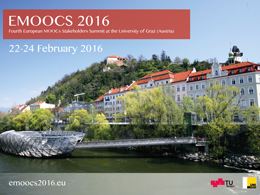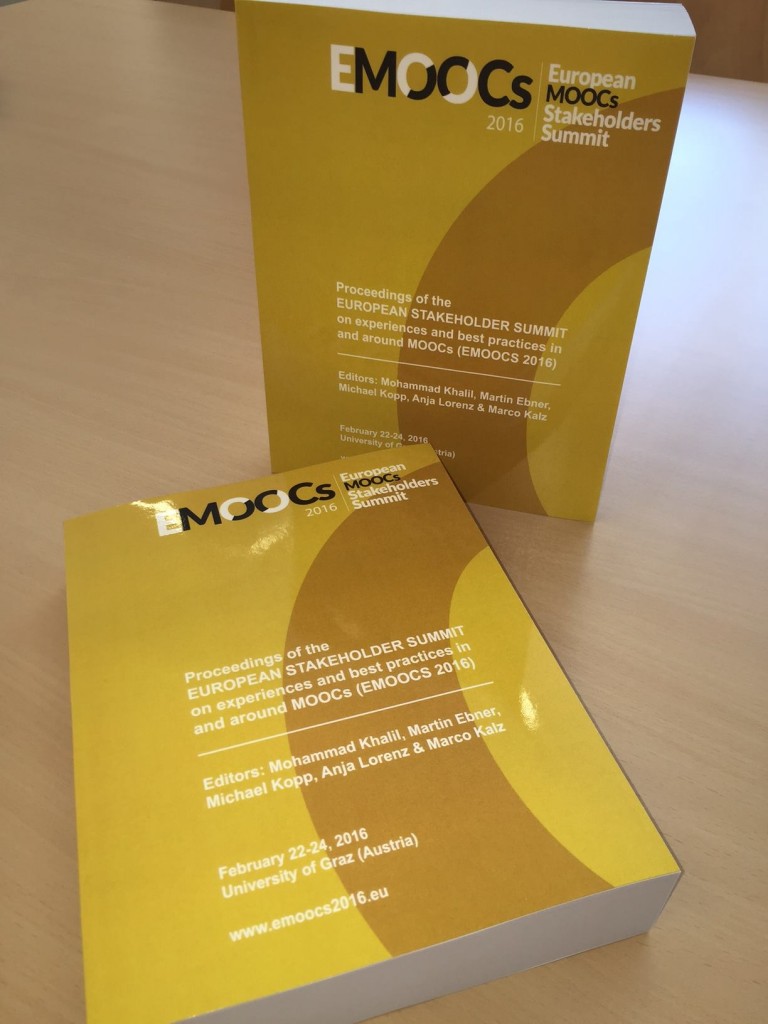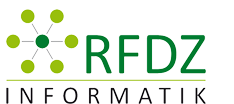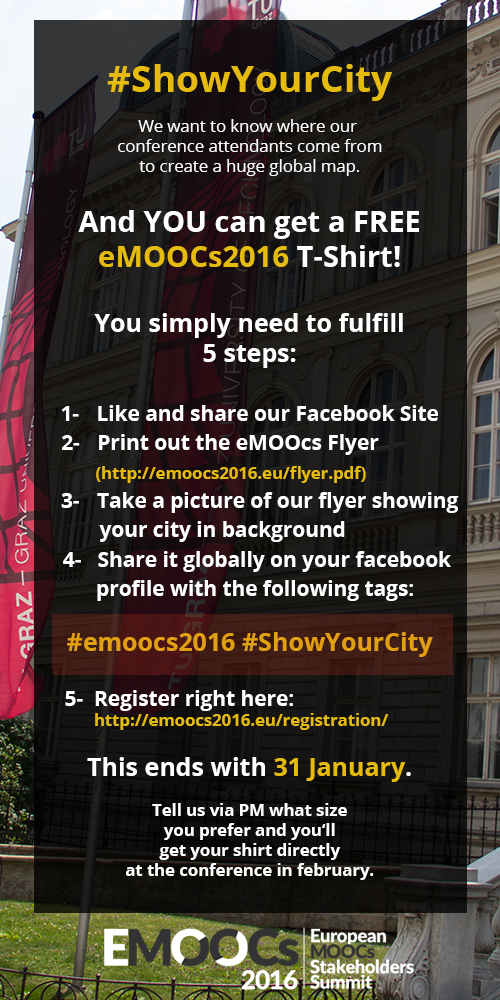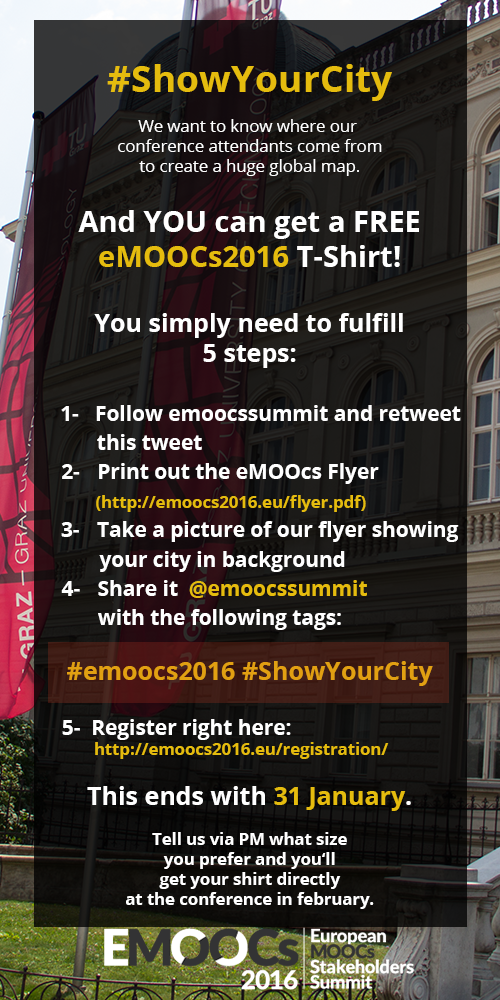Our publication about „Potential of EPUB3 for Digital Textbooks in Higher Education“ for this year Smart Learning Excellence Conference in Dubai is now online available. The slides have been already published here.
Abstract:
The e-book market is currently in a strong upswing. This research study deals with the question which practical uses the e-book format EPUB3 offers for (higher) education. By means of a didactic content analysis, a range of interactive exercise types were developed as a result of conversations with teachers. For this purpose, a didactic and technical concept has been developed. Different kinds of exercises were prototypically implemented in an e-book. Finally, a brief overview reflects the present state of the current e-book readers. A subsequent discussion illuminates the strengths and weaknesses of the format. In summary , it can be remarked that EPUB3 is suitable for a variety of different exercises and that it is able to serve as a basic format for forthcoming digital textbooks. Furthermore the openness of EPUB3 will assist Open Learning and Teaching in a meaningful way
[Full text @ ResearchGate]
Reference: Ebner, M., Gailer, C., Khalil, M., Kopp, M., Lackner, E., & Raunig, M. (2016). Potential of EPUB3 for Digital Textbooks in Higher Education. Conference proceeding of the 8th e-Learning Excellence Conference, 2016. Dubai, UAE. pp. 1-14

